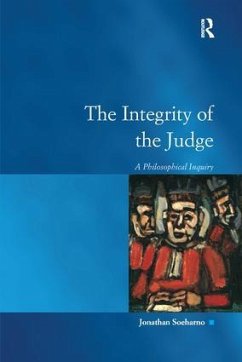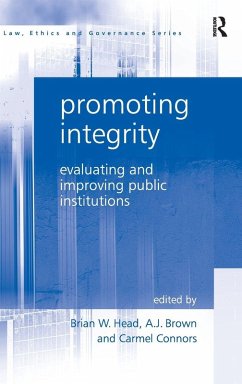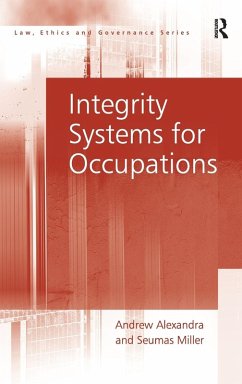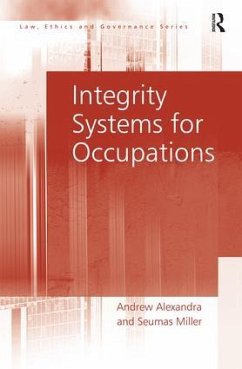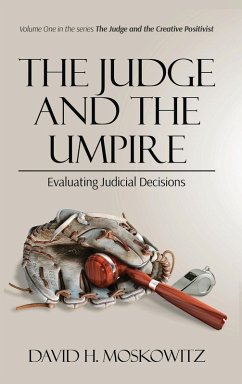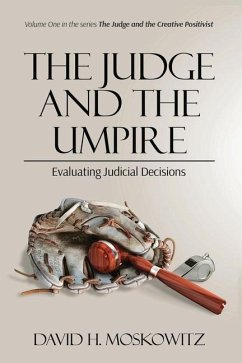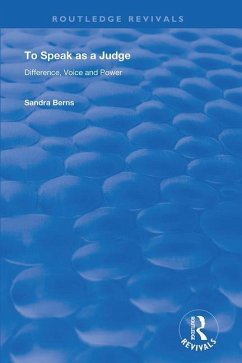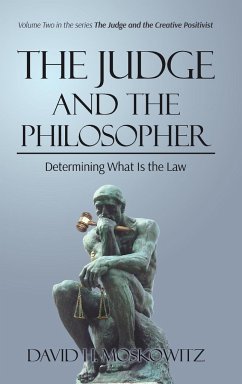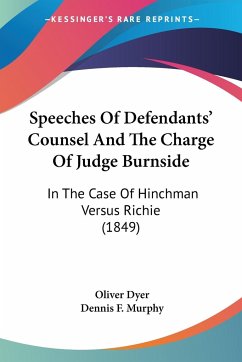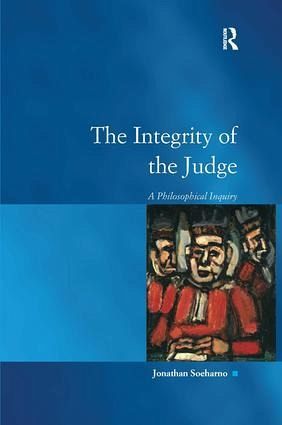
The Integrity of the Judge
A Philosophical Inquiry
Versandkostenfrei!
Versandfertig in 1-2 Wochen
176,99 €
inkl. MwSt.
Weitere Ausgaben:

PAYBACK Punkte
88 °P sammeln!
There is no consensus among legal scholars on the meaning of judicial integrity, nor has legal scholarship yet seen a well-articulated discussion about the normative concept of judicial integrity. This book makes an analysis of the discourses on judicial integrity in judiciaries in both established and developing democracies. In the former, the rule of law is well-developed and trust in the judges is high, yet new demands for accountability emerge. In the latter, traditional integrity problems such as fraud and corruption take centre stage. The author argues that integrity must be understood b...
There is no consensus among legal scholars on the meaning of judicial integrity, nor has legal scholarship yet seen a well-articulated discussion about the normative concept of judicial integrity. This book makes an analysis of the discourses on judicial integrity in judiciaries in both established and developing democracies. In the former, the rule of law is well-developed and trust in the judges is high, yet new demands for accountability emerge. In the latter, traditional integrity problems such as fraud and corruption take centre stage. The author argues that integrity must be understood both as professional virtue -discussed here through the lens of virtue ethical theory - and as the safeguarding of public trust, as understood through institutional theory. The Integrity of the Judge is a significant new work for legal theorists and philosophers, as well as scholars of legal and judicial ethics.





